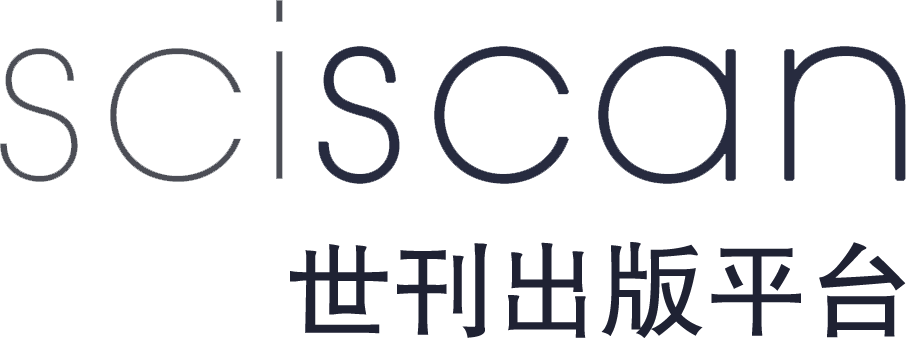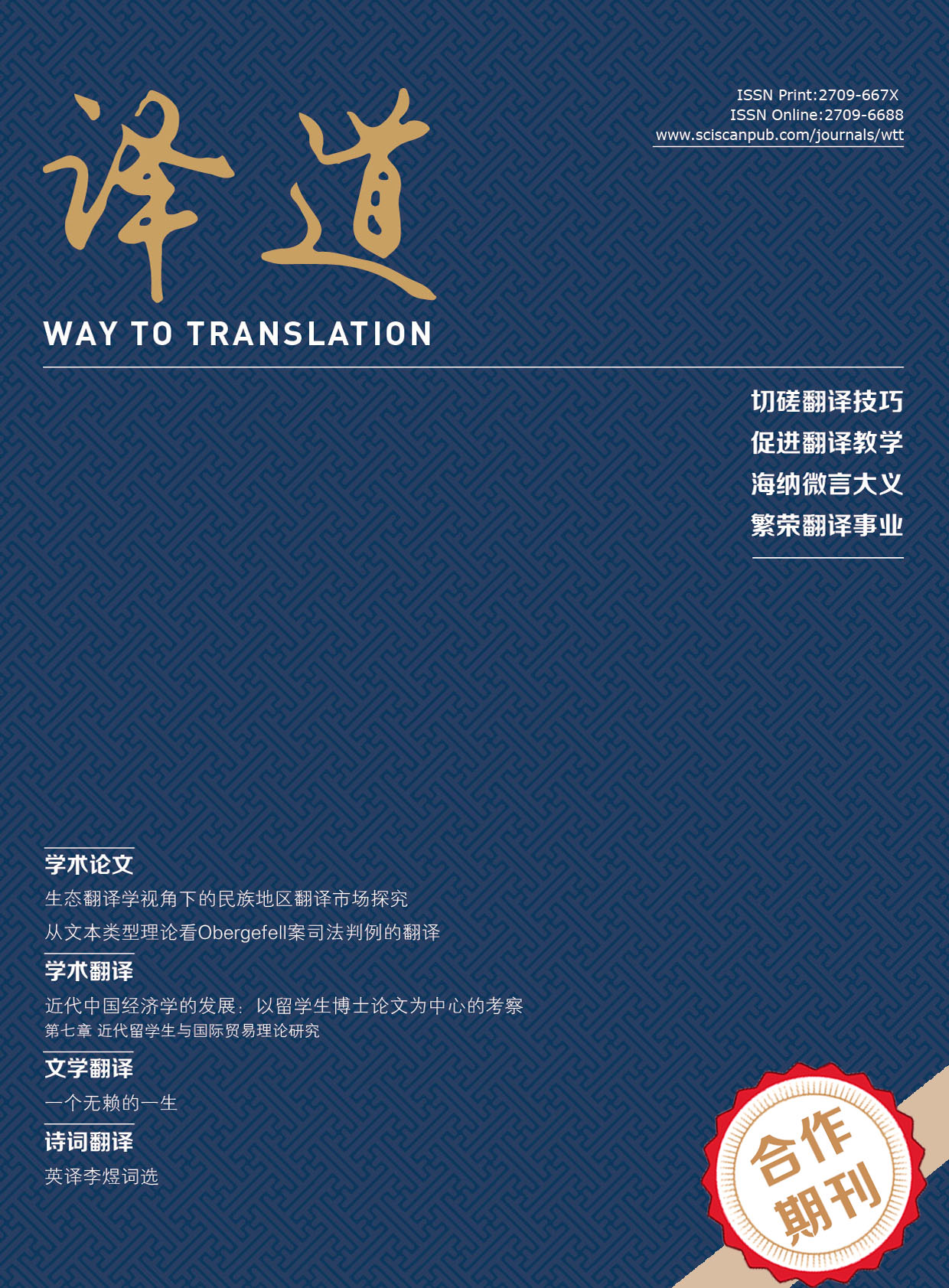免费订阅世刊出版平台最新发表资讯
基于语料库的近义形容词的行为特征分析——以 possible、probable、likely 为例
A Corpus-based Behavioral Profile Analysis of Synonyms —Take “Possible, Probable, Likely” as an Example
- 作者: 李娜
-
单位:
四川外国语大学英语学院,重庆
- 关键词: 语料库;行为特征分析法;近义词
- Corpus; Behavioral profile analyses; Synonyms
- 摘要: 基于语料库的行为特征分析法能够全面揭示一组近义词的细微差异。本文以possible、probable、likely 为例,借助英国国家语料库(BNC),运用行为特征分析法,分析了一组近义词在用法模式上的区别。 结果显示:(1)probable和likely在用法模式上更为接近,possible与它们的用法差异较大;(2)possible 倾向于作补语,作补语时常与人称代词及抽象名词性宾语一起使用,probable倾向于用作定语,而likely 倾向于用作表语,作表语时倾向于与人称代词、无生命的名词性主语一起使用;(3)当用作定语时, probable倾向于修饰结果、人、金钱价值等类别的名词,possible倾向于修饰金钱利益类、方法类、政策举措类等名词,而likely作定语常修饰人、结果、金钱、影响以及区域类名词,同时,likely表达可能 性的程度位于三者中间。
- Corpus-based behavioral profile analyses can fully reveal the subtle differences of a group of synonyms. Taking possible, probable and likely as examples, this study analyzes their differences in usage patterns based on the data from the British National Corpus (BNC) by adopting the behavioral profile analysis. The results show that: (1) Probable and likely are more similar in usage patterns, and probable is different from them; (2) Possible tends to be used as a complement, often used with personal pronouns and abstract nominal objects, probable tends to be used as an attribute, while likely tends to be used as a predicative, and tends to be used with personal pronouns and inanimate nominal subjects; (3) When used as an attribute, probable tends to modify nouns indicating results, people, money and value; probable tends to modify nouns indicating money and benefits, methods, politic initiatives; while likely is often used as an attribute to modify nouns of people, results, money, influence and region, and the degree of possibility expressed by likely is in the middle of the three.
- DOI: https://doi.org/10.35534/wtt.0202008
- 引用: -














